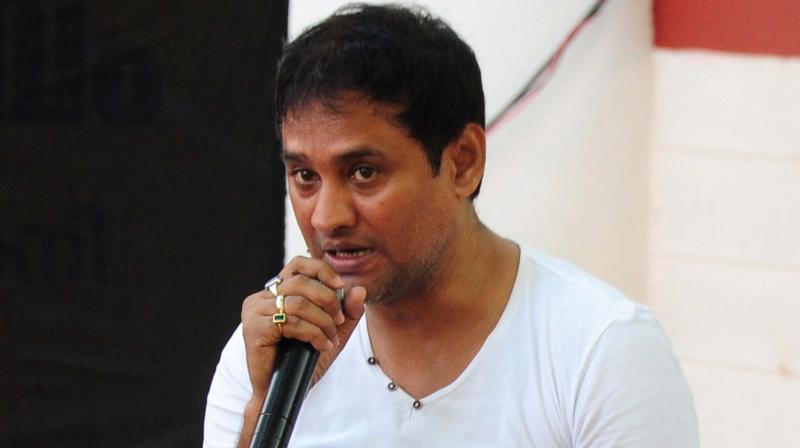Insight into the dark side of caste system

India is a country that’s changing fast – yet the caste system stays rigid here. Members of India’s lowest class were traditionally called untouchables, they’re now known as Dalits. But despite the name change and laws to protect them, Dalits say they still suffer widespread discrimination. This forms the gist of Outcaste, staged by RAAGA, a group of young theatre activists, at the ongoing International Theatre Festival of Kerala (ITFoK), in a bid to shed light on the issue.
Headed by award-winning director Randhir Kumar, the group could transport the idea to the audience successfully. Coming from Patna, the group is very enthusiastic and explains how caste system prevails in our country, especially in northern India. “Outcaste is based on the famous autobiography of Dalit writer Sharan Kumar Limbale titled Akkarmashi in Marathi. The text deals with the anguish and irreverence of the cultural ferment that opened up Marathi literature to Dalit writings,” says Randhir.
“Our attempt is to bring out a first person account of the struggle against poverty, deprivation, discrimination and violence. Outcaste captures the dehumanising impact of caste oppression in Hindu society.” The play gives an insight into the darker side of India’s caste system. In tracing the author’s gradual awakening to selfhood and maturity, the play provides an inside view of life in a Mahar village.
“I really got inspired by this masterpiece of writing, which is actually written in Maher dialect and conceived the idea to do a play out of it. With the help of my talented crew, we could create Outcaste, which asserts the Dalit’s inner quest for identity using original language, idiom, metaphor and imagery,” he added.
When asked about the inspiration behind this play, Randhir says, “I always wanted to do a drama for the oppressed. Being a Dalit writer, Limbale himself had to struggle a lot. So it is also a tribute. It represents millions of people who fight for their self-respect and dignity. Their lives may have different references, but the pain, agony and suffering remain the same.”
The group thanked the audience for giving such a positive response. “We never felt so happy after performing. This is incredible.”

